Khurram Parvaiz
22 years. Three hearings. No admission. Orders are reserved.
On the third hearing of the Kunan Poshpora PIL, the Division Bench of the High Court reserved the matter for orders.
The Advocate General, invited to assist the court on the last date, made his submissions. In addition to an argument that the SHRC had no jurisdiction to recommend investigations [argued with no legal references], the Advocate General contested the locus of the petitioners and instead argued that it was the responsibility of the SHRC to approach the High Court. Further, the State informed the court that the case had, in fact, never been closed by the lower court [despite representations that it had been in October, 1991], and the matter was pending before the Judicial Magistrate, Kupwara. Further, that no compensation had ever been paid to the victims. But, a meeting to discuss the issue of compensation was scheduled for 14 May 2013.
The petitioners’ counsel, Parvez Imroz, argued, with references, how the focus of the case was not the SHRC decision, but a mass rape that has never been fairly investigated. Further, that the High Court cannot ignore the contents of a SHRC decision that substantiates a pre-existing position on the occurrence of a mass rape and lack of fair investigations. Further, 40 affidavits from Kunan Poshpora, from the victims and their families, were shared with the Court [they will formally be filed shortly]. The message in the affidavits was clear – admit the PIL and order fair investigations. Further, the affidavits pointed to the mala fide role of the State, which on hearing of the upcoming PIL in the High Court, hurriedly chose to do what it appears to have failed to do in 1991: formally close the case. The State has swung into action and is now in the process of formally hushing up the case. Further, the affidavits also state that the families received Rs. 1 lac from the State following the SHRC decision, in complete contradiction to the Advocate General’s position that no compensation has been paid. The victims and their families state that the money was paid to them in cash, at the official residence of MLA, Kupwara, Mir Saifullah [presently Minister for Law and Parliamentary Affairs], in the presence of Tehsildar, Kupwara.
The submissions of the Advocate General serve to indict the State for its role in the Kunan Poshpora rape case. First, it is clear that the State has no interest in ensuring justice. The focus of the State remains compensation, and seeking to ensure that the victims of violations are fatigued by delay. The State, 22 years after the rape, chooses to continue with meetings to decide on compensation. Second, this is not a passive State. It is one acutely aware of its primary focus: impunity. On hearing of the PIL, a surreptitious attempt is made to formally close the case in Kupwara, having consistently misrepresented before the SHRC and in response to RTI applications that the case had already been closed in October, 1991. Third, and perhaps most importantly, why was Rs. 1 lac paid to the victims and their families? As per the Advocate General’s submissions it was not the compensation under the Government rules. Therefore, it appears the money, paid in cash, was an attempt to buy the survivors of the mass rape. Further, it was also an attempt to suggest to the victims that by accepting this money they could not pursue investigations.
The State, through its submissions today, has once again exposed its criminal role in this case and numerous other human rights violations. It is important that the demand for justice for the survivors of Kunan Poshpora is reflected in the order of the High Court.





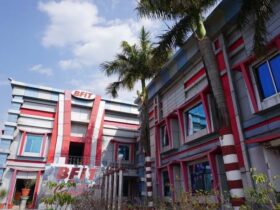




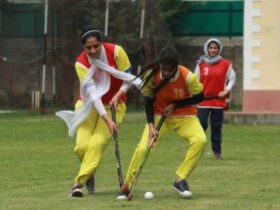
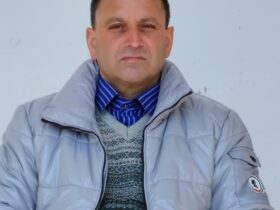
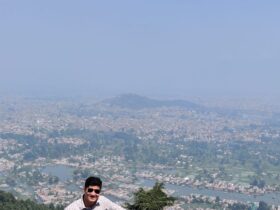
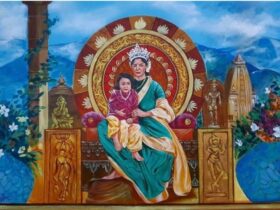

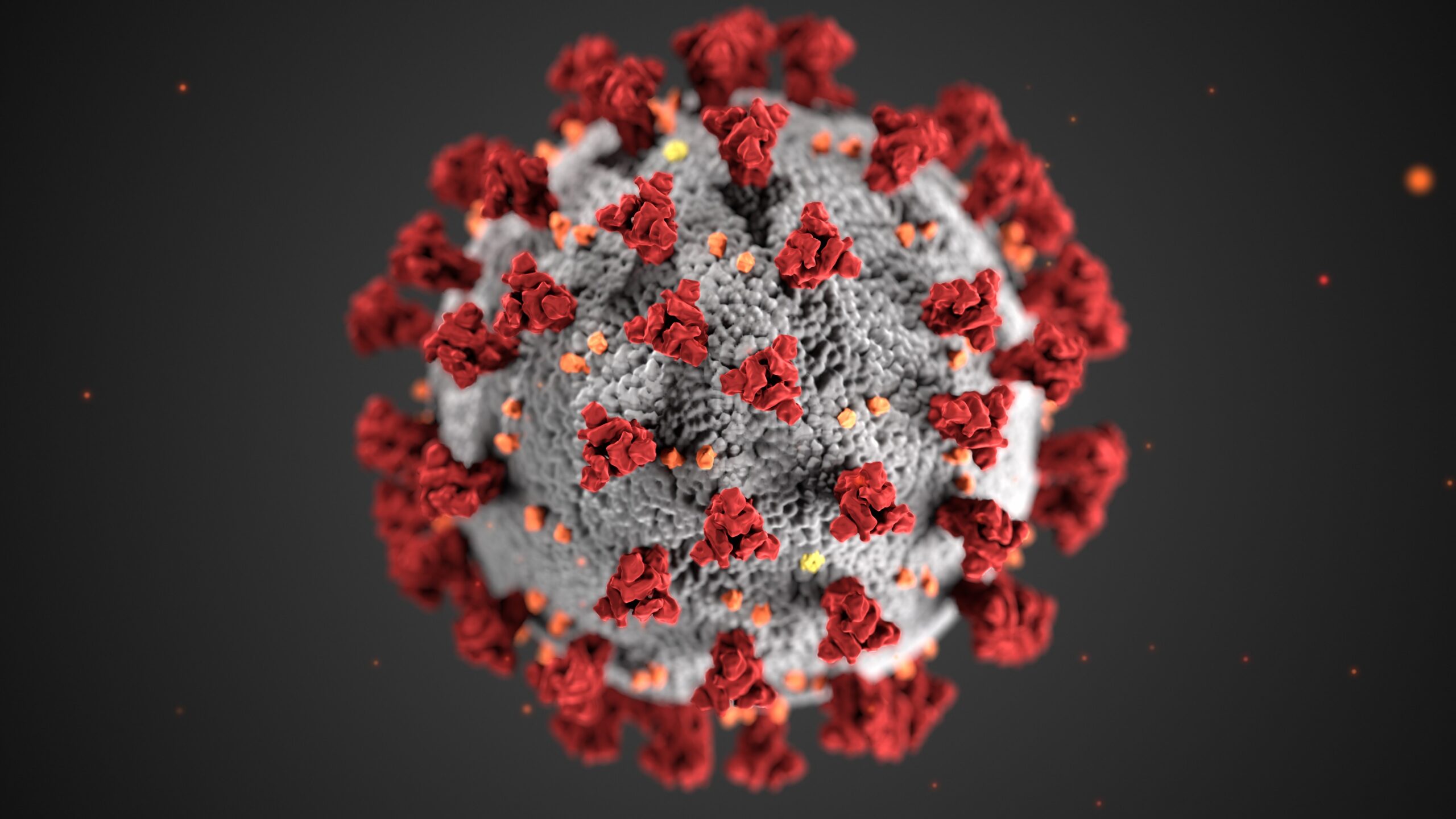
Leave a Reply